
Join HITS
Thank you for your interest in HITS. On the following pages you can find all our open job offers, some guidelines on how to apply at HITS as well as insights into work and life at our institute. Our Alumni section gives a brief overview of our alumni groups and our HITS alumni sum up, which impact their stay at HITS had on their personal and professional career.
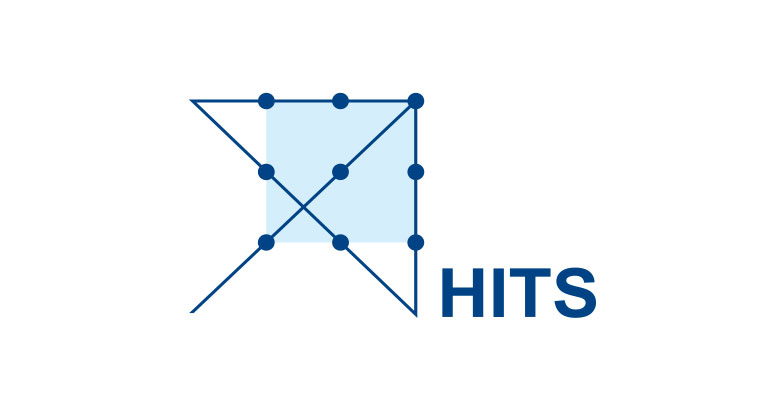
8. July 2024
Postdoctoral Researcher in Large Language Models and Knowledge Graphs (m/f/d)
HITS is looking for a Postdoctoral Researcher in Large Language Models and Knowledge Graphs (m/f/d) to join the Machine …
Read more
8. July 2024
Project and Communications Manager (f/m/d)
The SDBV group is a partner in LiSyM-Cancer, a multidisciplinary research network funded by the Federal Ministry of Education and Research …
Read more
3. July 2024
Call for “Journalist in Residence” (m/f/d) in 2025
Are you an experienced science journalist? Would you like to delve into new areas of research and deepen your technical knowledge? …
Read more
19. June 2024
Student Assistant (HiWi) for Software and Linux Administration (m/f/d)
The „Molecular and Cellular Modeling“ Group at Heidelberg Institute for Theoretical Studies (HITS) is looking for a student assistant (for approx. 20…
Read more
7. June 2024
HITS Independent Postdoc Program
Think beyond the limits! Do you have an ambitious research idea that you wish to pursue in your postdoc? Are you …
Read moreHow to become a HITSter
Thank you for your interest in HITS. You can check our job page for current offers or might also send an unsolicited application.
Working at HITS
It’s the mission of HITS to achieve scientific excellence by creating an environment that allows research groups to pursue their research interests with the greatest possible scientific freedom and administrative support. Find out about work and life at HITS.
Our Alumni
Which impact did their time at HITS have on their career? Our HITS Alumni tell is what they did at HITS, how they experienced their time here, and how their stay here has helped them pursue their scientific career. One or two will also tell you some fun anecdotes and most precious memories.
Former Groups
Here you can find a brief overview of research groups that previously worked at HITS. You can discover which scientific achievements they reached during their time at our institute and what they do after their stay at HITS.
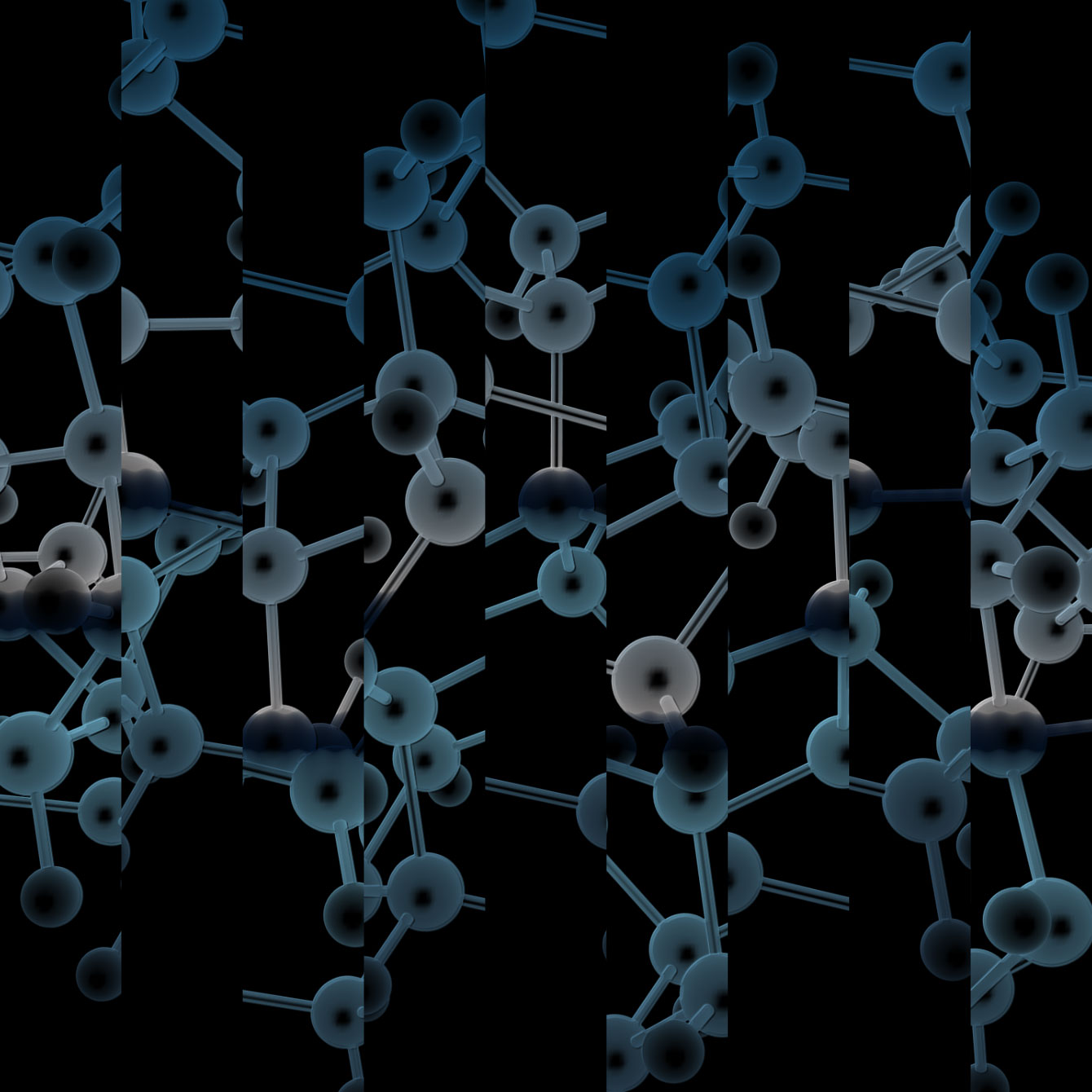
Computational Carbon Chemistry
The CCC group used state-of-the-art computational chemistry to explore and exploit diverse functional organic materials.
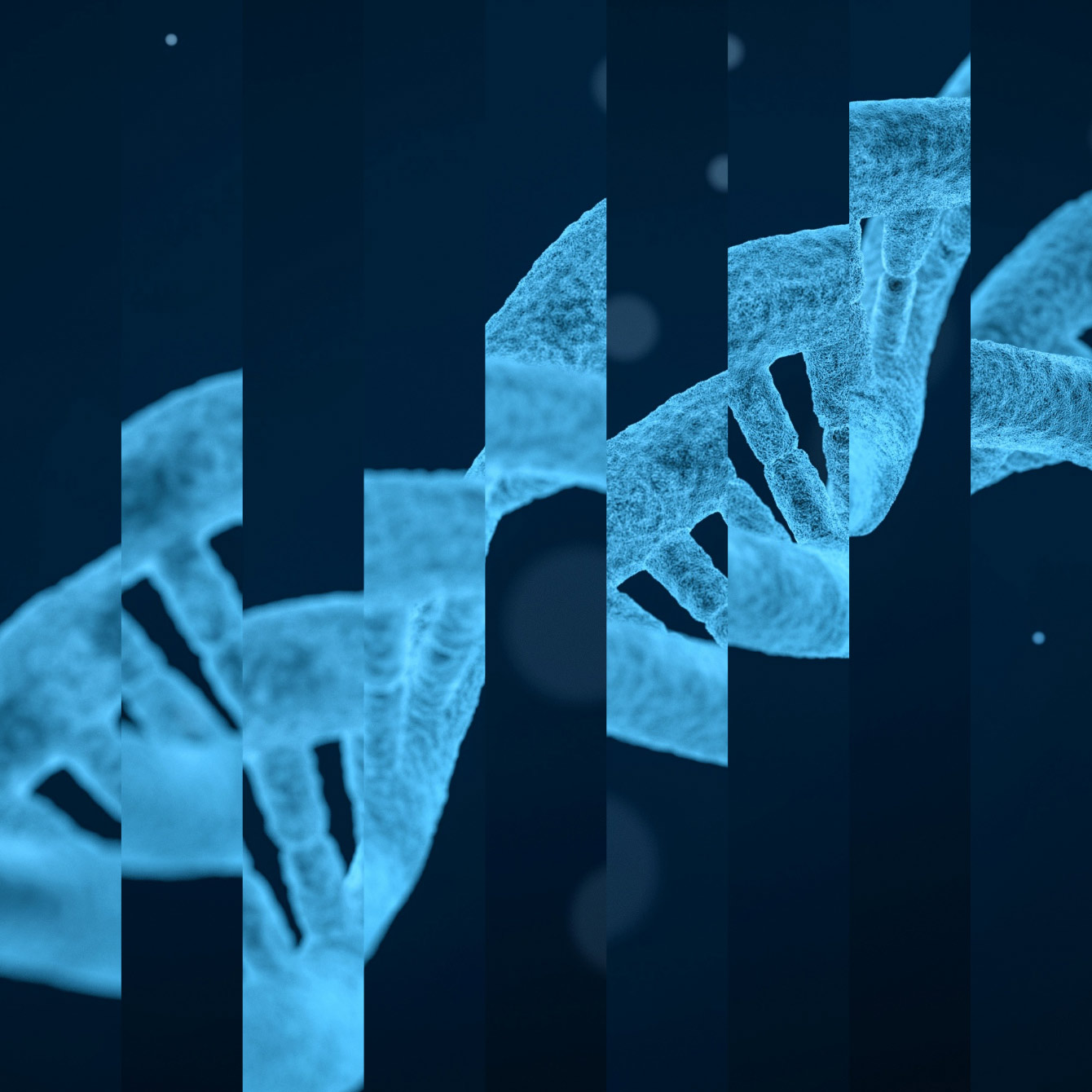
Computational Biology
The CBI group developed new approaches to the so-called de novo assembly, which is the reconstruction of genome sequences by means of DNA sequencers and bioinformatic methods.
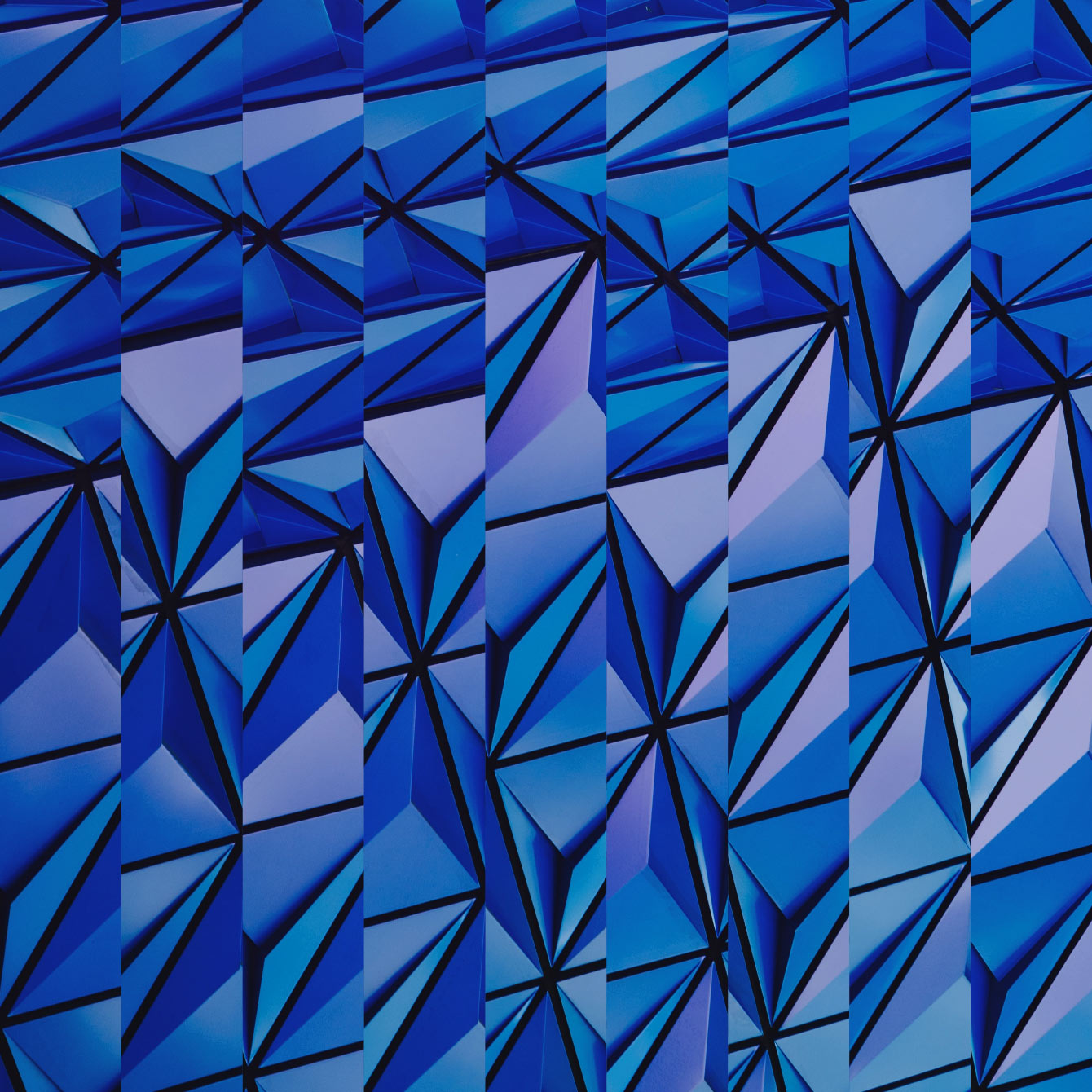
Groups and Geometry
The GRG group investigated various mathematical problems in the fields of geometry and topology, which involve the interplay between geometric spaces.
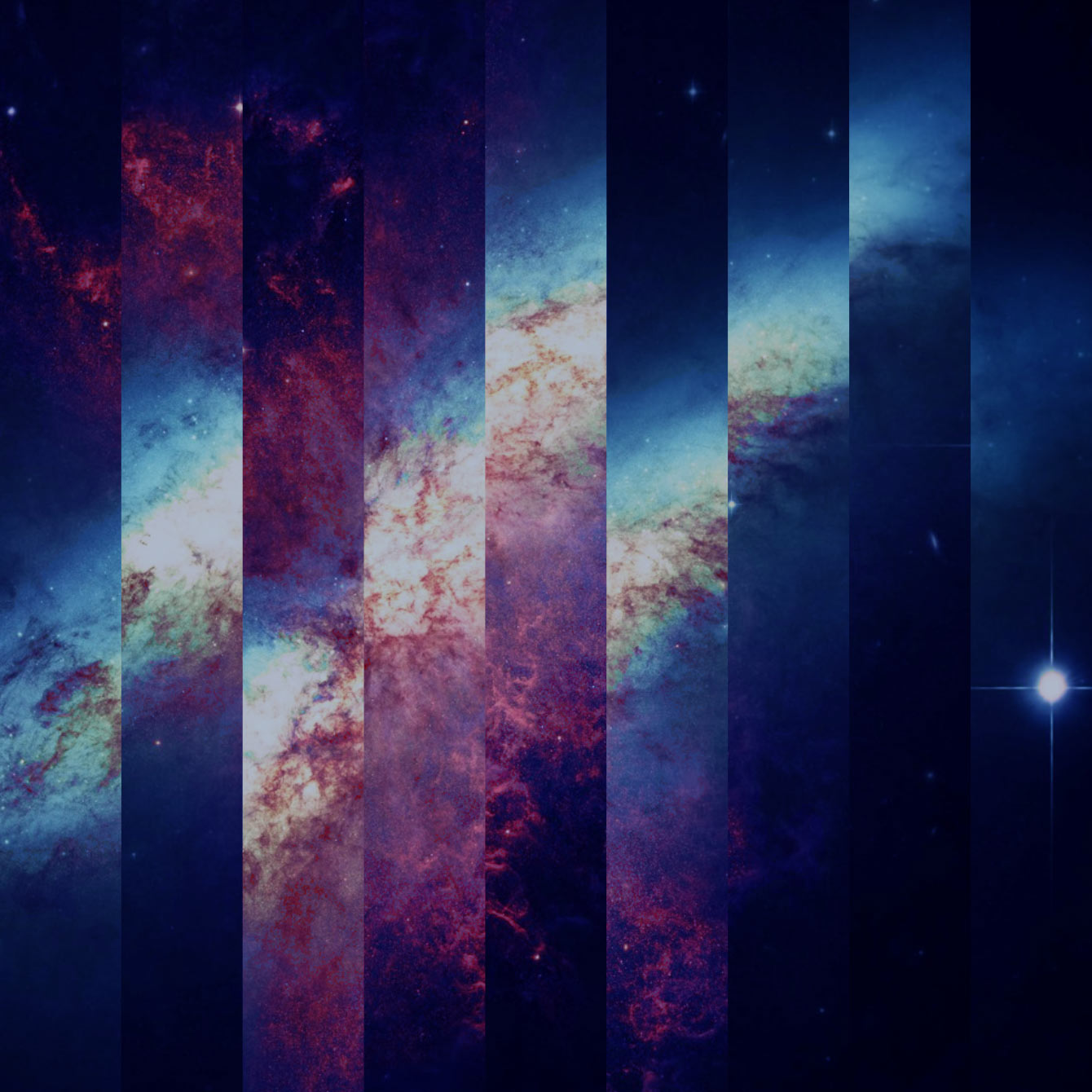
High Energy Astrophysics and Cosmology
The HAC group modeled the underlying physics of cosmic rays, magnetic fields, and plasma waves in great detail with the goal to conduct cosmological simulations at high resolution on supercomputers.
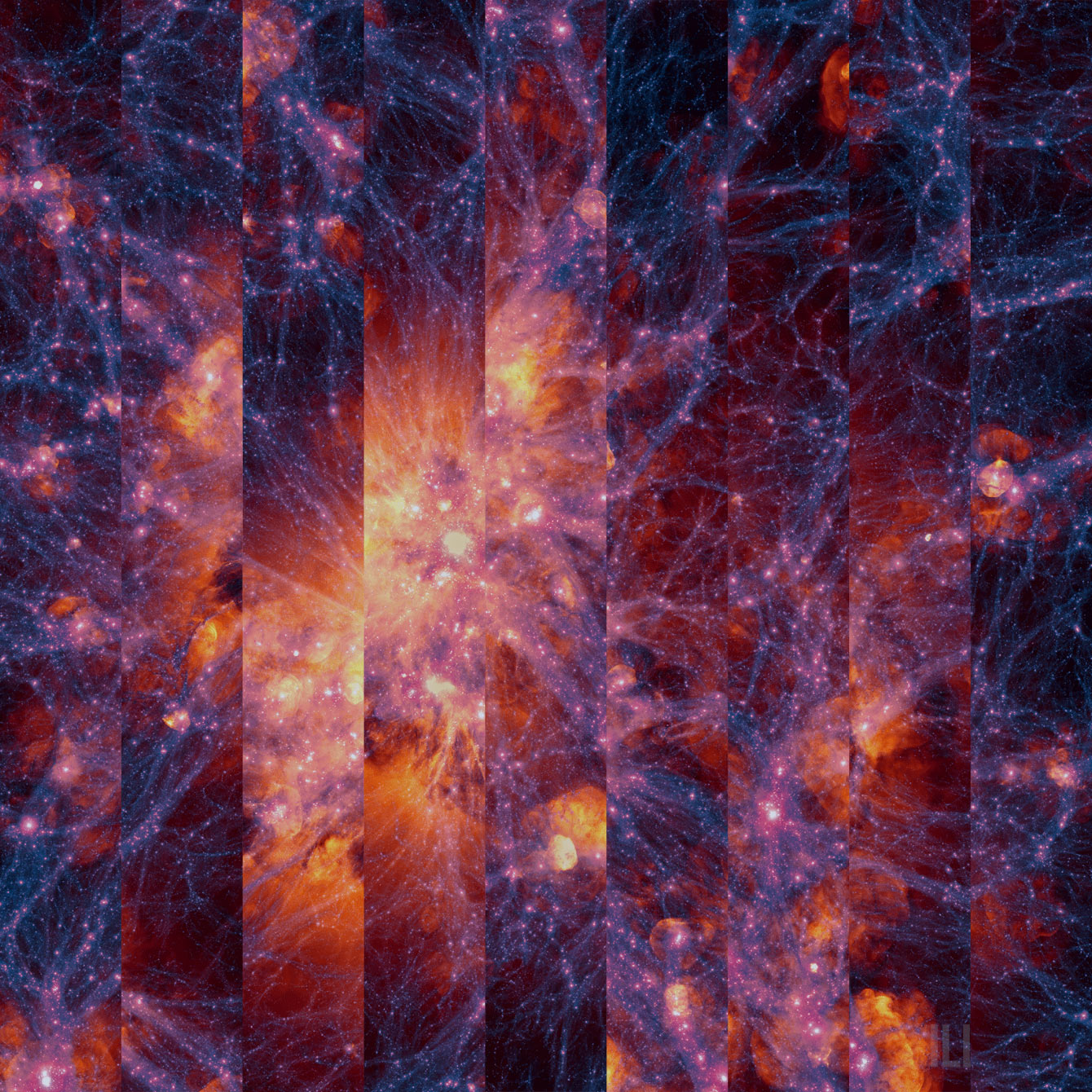
Theoretical Astrophysics
The TAP group simulated the diverse shapes and sizes of galaxies with supercomputers.
